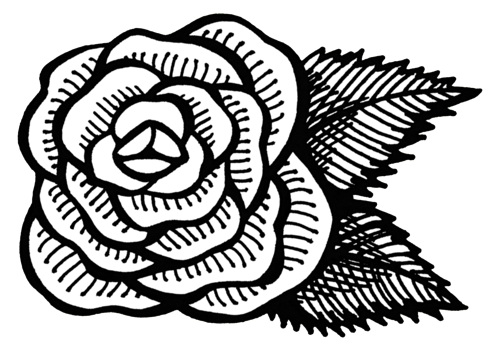Why tarot? This is the most logical question to start with for a new tarot blog, and yet I found it weirdly hard to answer when I actually sat down to draft this post. Tarot has been a part of my entire (granted, brief) adult life, and most of my adolescence. I use tarot cards all the time, but I don't often ask myself why I use them.
First and foremost, tarot is a tool for introspection.
Yup. And?
Now and then, I wind up defending my habit to the odd cynical friend who’ll blanch, sneer, or blow their drink out their nose when I mention the cards offhand. In these cases, I’ll say something about how tarot cards are a tool of introspection.
A bit like a free-association game, or brainstorming tricks, you can use the images and symbols in the cards as a jumping-off point to have a conversation with yourself—in particular, to have a conversation with the deeper part of yourself that knows what you really want and what you’re really afraid of.
They don’t have to be all mystical and mysterious; they can provide very simple and practical ways to generate new ideas on any given problem.
This alone is a great reason, and enough reason to pick up a deck of tarot cards.
This was my main approach to tarot when I first started reading, and for years on. For many tarot enthusiasts, that’s all the reason you ever need.
There can be more to it than that, though. Here are some of the other things I’ve seen and heard of tarot doing for people:
De-Mystified Things:
*Brainstorming
*Creative problem-solving
*Decision making
*Analyzing patterns
*Back-up, validation, and emotional support
Re-Mystified Things:
*Healing
*Spiritual exploration and guidance
*Allegory and metaphor
*Initiation
(The Fool’s Journey and the narrative arcs of the arcana can serve as paths for inner growth and the attainment of wisdom.)
*Sacred Text
(The tarot can be seen as a living, constantly changing sacred text that you get to co-create.)
So many things! Good things! I’ll be exploring all these in depth in future posts, but for now, a good summary is that the tarot serves as a tool for connecting with our own intuitions, facilitates decision making, validates our experiences, and provides rich metaphors for meditations and spiritual growth. Over time, it can subtly alter the way you see the world and relate to others for the better.
First and foremost, tarot is a tool for introspection.
Yup. And?
Now and then, I wind up defending my habit to the odd cynical friend who’ll blanch, sneer, or blow their drink out their nose when I mention the cards offhand. In these cases, I’ll say something about how tarot cards are a tool of introspection.
A bit like a free-association game, or brainstorming tricks, you can use the images and symbols in the cards as a jumping-off point to have a conversation with yourself—in particular, to have a conversation with the deeper part of yourself that knows what you really want and what you’re really afraid of.
They don’t have to be all mystical and mysterious; they can provide very simple and practical ways to generate new ideas on any given problem.
This alone is a great reason, and enough reason to pick up a deck of tarot cards.
This was my main approach to tarot when I first started reading, and for years on. For many tarot enthusiasts, that’s all the reason you ever need.
There can be more to it than that, though. Here are some of the other things I’ve seen and heard of tarot doing for people:
De-Mystified Things:
*Brainstorming
*Creative problem-solving
*Decision making
*Analyzing patterns
*Back-up, validation, and emotional support
Re-Mystified Things:
*Healing
*Spiritual exploration and guidance
*Allegory and metaphor
*Initiation
(The Fool’s Journey and the narrative arcs of the arcana can serve as paths for inner growth and the attainment of wisdom.)
*Sacred Text
(The tarot can be seen as a living, constantly changing sacred text that you get to co-create.)
So many things! Good things! I’ll be exploring all these in depth in future posts, but for now, a good summary is that the tarot serves as a tool for connecting with our own intuitions, facilitates decision making, validates our experiences, and provides rich metaphors for meditations and spiritual growth. Over time, it can subtly alter the way you see the world and relate to others for the better.

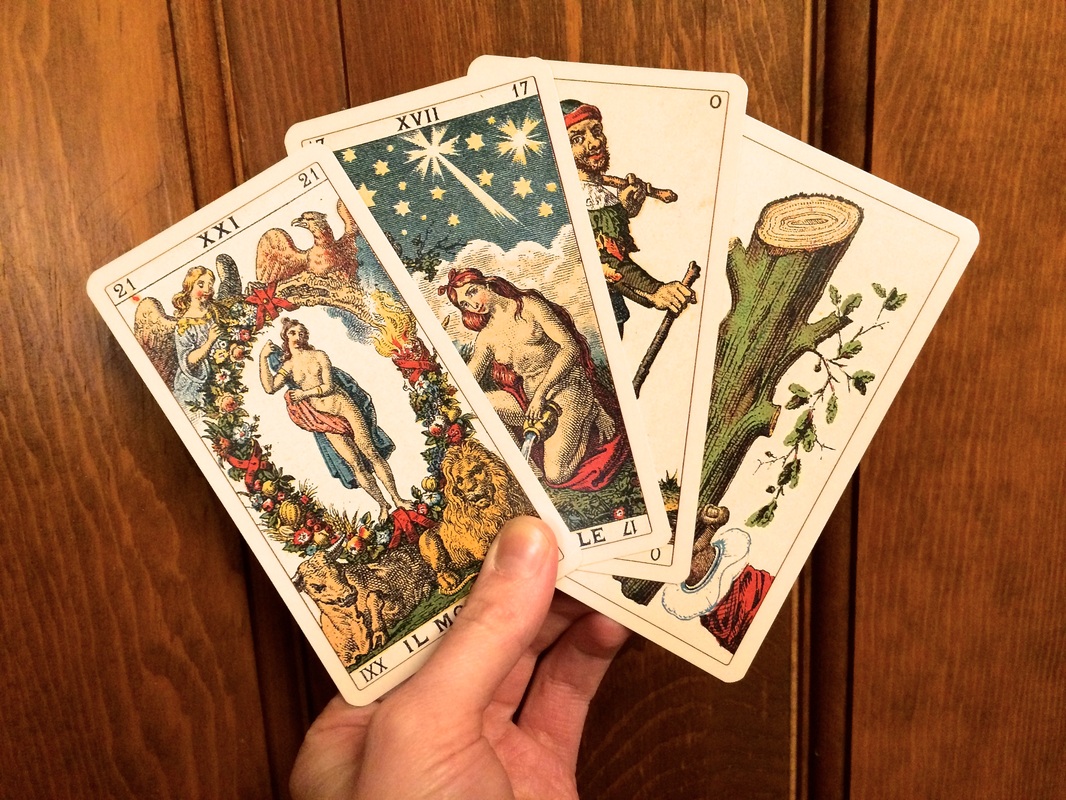

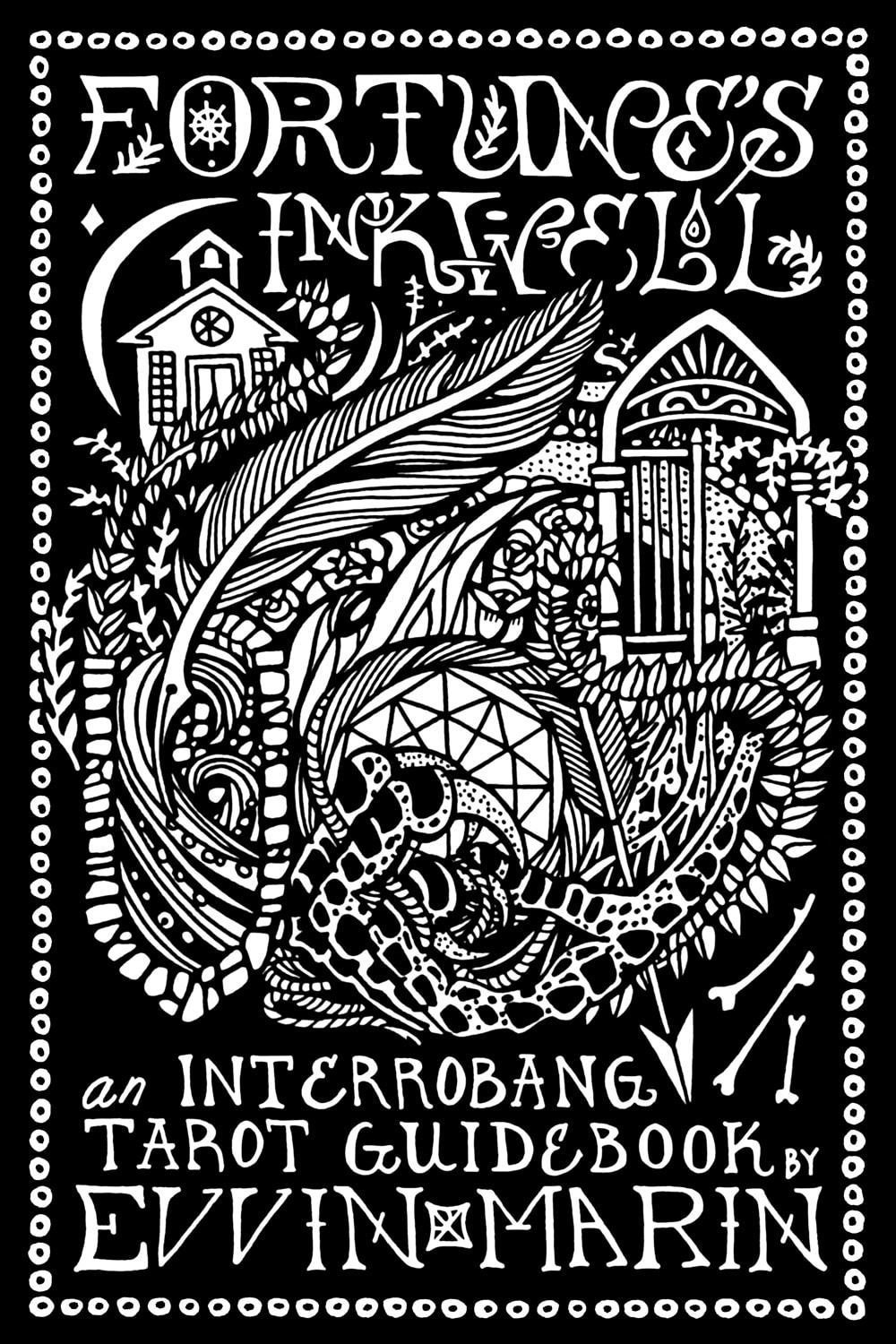
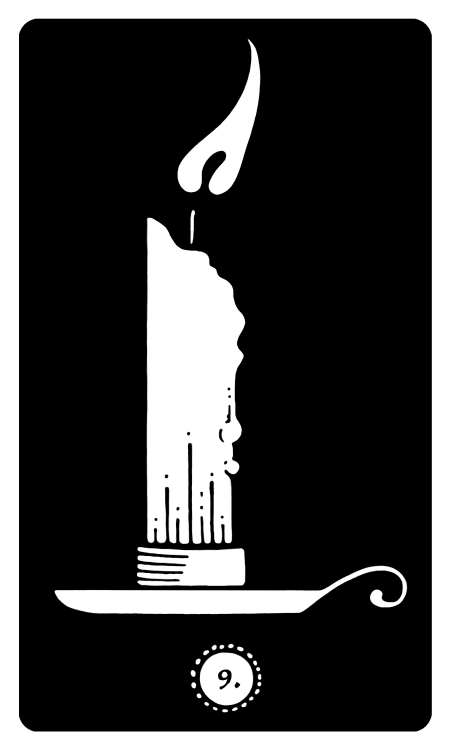
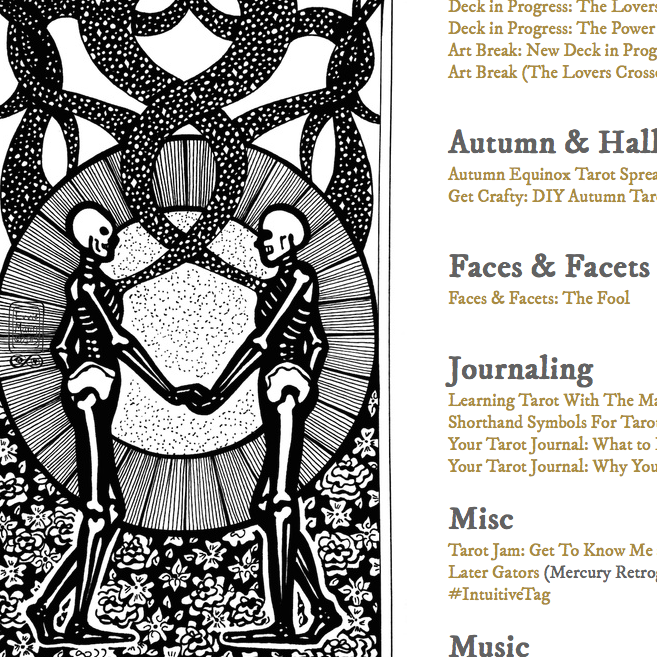
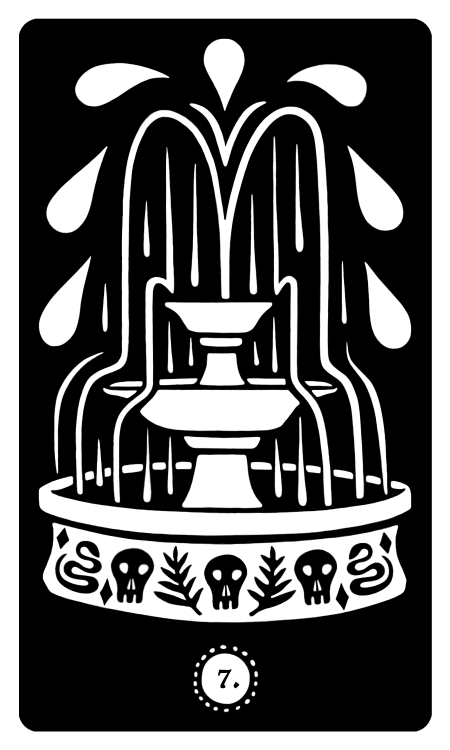
 RSS Feed
RSS Feed
